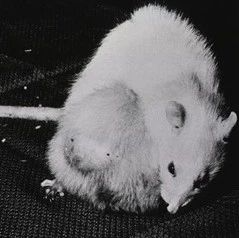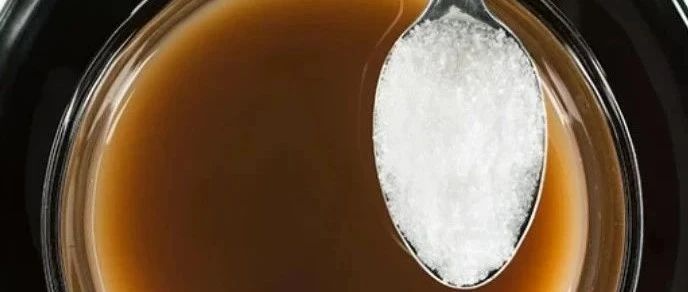
找到只存在于癌症干细胞的标志物,可以实现对癌症干细胞的精准攻击。
治疗癌症如果不把癌症干细胞彻底清除,癌症很容易复发和转移。日本京都大学的研究人员说,他们找到了癌症干细胞含有的一种标志蛋白,有望对癌细胞做到“斩草除根”。
京都大学消化内科教授千叶勉领导的研究小组在研究中注意到消化道中的一种蛋白质Dclk1,他们分析了罹患大肠癌的实验鼠,发现含这种蛋白质的细胞会在较长一段时间内持续产生癌细胞。他们通过基因操作成功地有选择地清除了含Dclk1蛋白质的细胞,实验鼠体内的大肠癌组织面积缩小了80%以上,有些甚至完全消失,而且未发现副作用。
治疗癌症如果不把癌症干细胞彻底清除,则癌症很容易复发和转移,因此必须找到癌症干细胞,对其“斩草除根”。而此前人们陆续发现的癌症干细胞所含的一些标志物质同时也存在于正常干细胞内,如果以这些物质为目标清除癌症干细胞的话,会误伤到正常干细胞,导致副作用的出现。
研究人员表示,这是首次找到只存在于癌症干细胞内的标志物质,以此物质为目标,可实现对癌症干细胞的精准攻击,有望用来研发几乎没有副作用的抗癌药物。另外,Dclk1蛋白质很可能也是胰腺癌、胃癌等其他癌症的标志蛋白。
相关成果发表在新一期《自然·遗传学》网络版上。

 Dclk1 distinguishes between tumor and normal stem cells in the intestine
Dclk1 distinguishes between tumor and normal stem cells in the intestine
Yuki Nakanishi, Hiroshi Seno, Ayumi Fukuoka, Taro Ueo, Yuichi Yamaga, Takahisa Maruno, Naoko Nakanishi, Keitaro Kanda, Hideyuki Komekado, Mayumi Kawada, Akihiro Isomura, Kenji Kawada, Yoshiharu Sakai, Motoko Yanagita, Ryoichiro Kageyama, Yoshiya Kawaguchi, Makoto M Taketo, Shin Yonehara & Tsutomu Chiba
There is great interest in tumor stem cells (TSCs) as potential therapeutic targets; however, cancer therapies targeting TSCs are limited. A drawback is that TSC markers are often shared by normal stem cells (NSCs); thus, therapies that target these markers may cause severe injury to normal tissues. To identify a potential TSC-specific marker, we focused on doublecortin-like kinase 1 (Dclk1). Dclk1 was reported as a candidate NSC marker in the gut, but recent reports have implicated it as a marker of differentiated cells (for example, Tuft cells). Using lineage-tracing experiments, we show here that Dclk1 does not mark NSCs in the intestine but instead marks TSCs that continuously produce tumor progeny in the polyps of ApcMin/+ mice. Specific ablation of Dclk1-positive TSCs resulted in a marked regression of polyps without apparent damage to the normal intestine. Our data suggest the potential for developing a therapy for colorectal cancer based on targeting Dclk1-positive TSCs.
文献链接:Dclk 1 distinguishes between tumor and normal stem cells in the intestine






